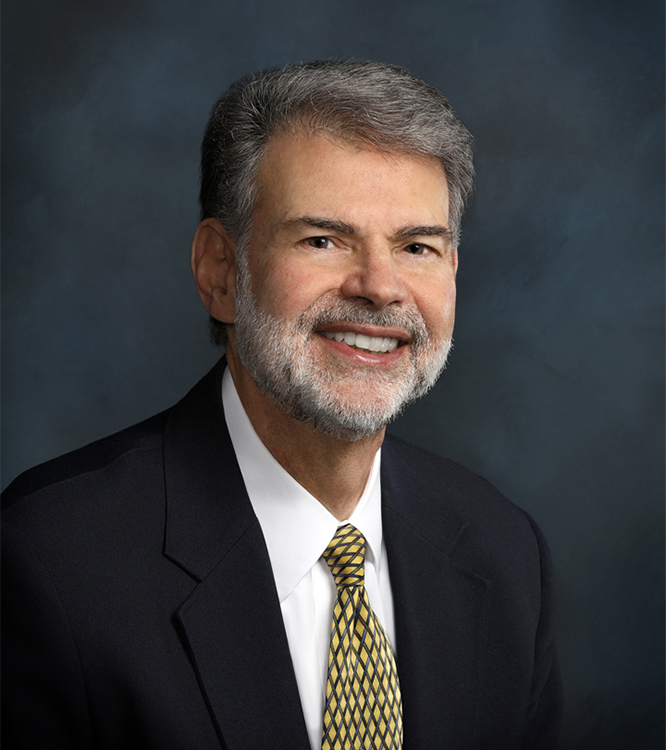
- Research
eHealth interventions could help African-American patients in battle with chronic pain
By Steven Bartolotta The PRECISION Pain Research Registry at the University of North Texas Health Science Center in Fort Worth has identified important racial disparities in pain management that became more evident during the COVID-19 pandemic. Its study recently published...
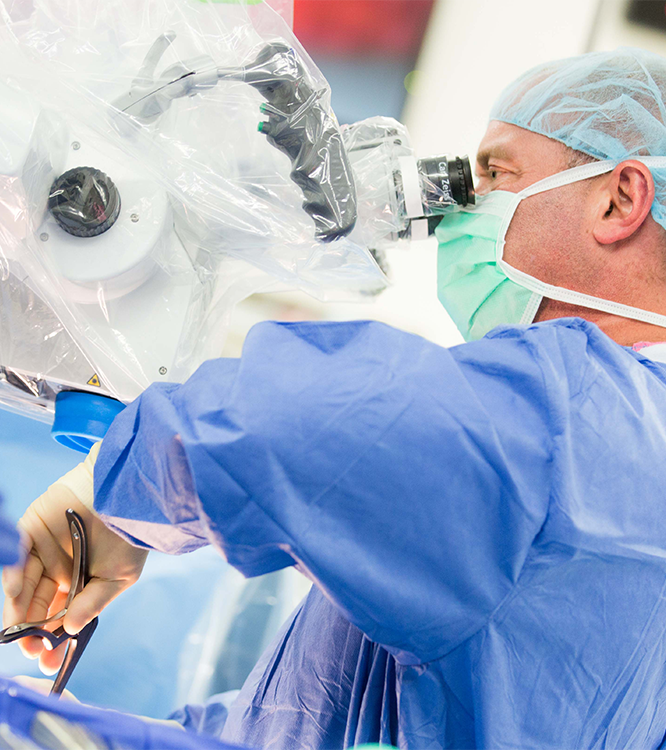
- Research
At HSC, experts search for cures to ‘most aggressive form of brain cancer’
By Diane Smith-Pinckney Malignant brain tumors, known as glioblastoma multiforme, spread aggressively and are described as incurable. The five-year survival rate for people diagnosed with this cancer – also known as GBM – is only 6.8 % and the average length of survival for people with GBM is about 12 to 18 months, according to...
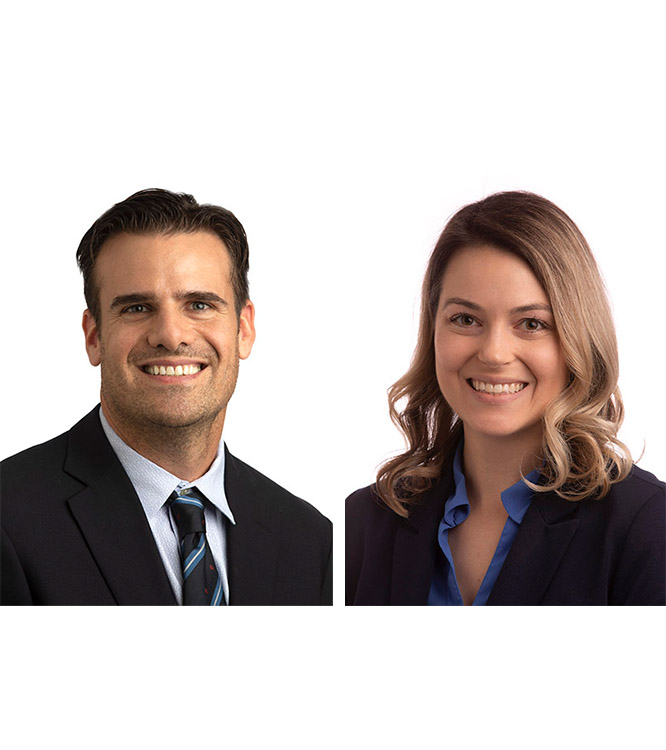
- Research
A new collaboration to better understand Keratoconus Dystrophy
Drs. Dimitrios Karamichos and Melissa Petersen at The University of North Texas Health Science Center at Fort Worth, are teaming with DownSyndrome Achieves (DSA) Biobank in Ohio to find clues about Keratoconus Dystrophy. Their research will help better identify individuals with Down syndrome who are at risk of the...

- Research
TCOM student research is published in Journal of Adolescent Health
By Steven Bartolotta Research is one of the backbones that medicine can’t live without and Texas College of Osteopathic Medicine second-year student Katie Albin is hoping some of her latest research can help make a difference for the younger generation. Albin teamed up...
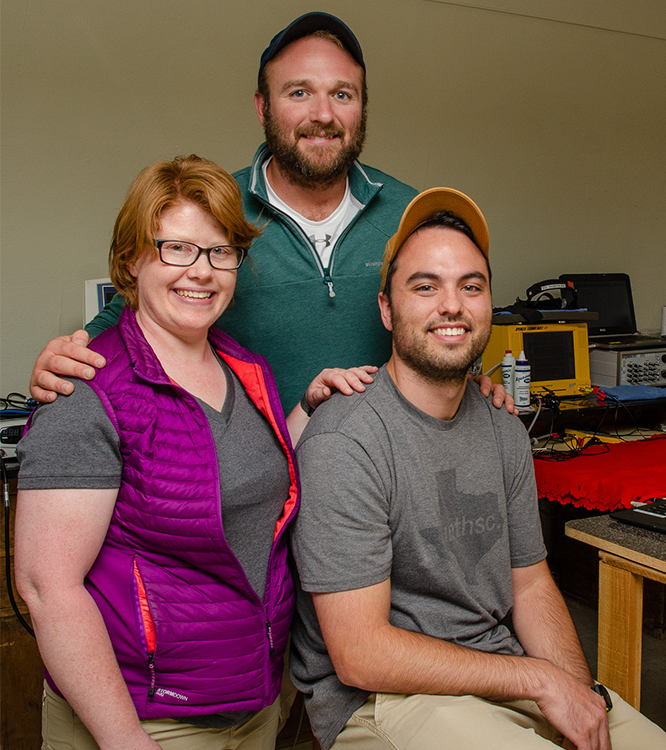
- Research
Mountain highs
By Sarah Hewitt I lay on my back on a table with my lower body from the waist down inside a triangular wooden box, not unlike a magician’s box as if I’d volunteered to be sawed in half. Dr. Caroline...
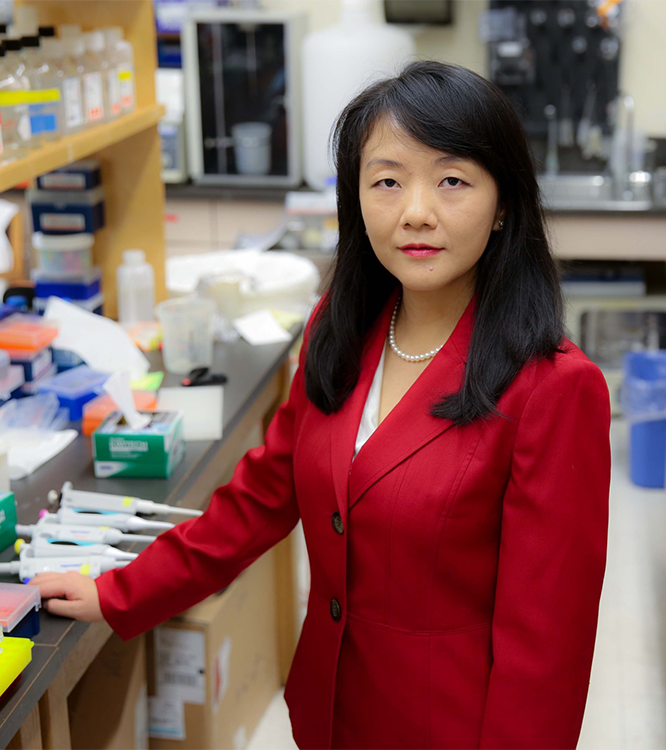
- Research
HSC researcher sees potential for retinal protection with new research grant
A large number of veterans and military members experience eye trauma and potential vision loss due to service-related injuries. With the support of a research grant from the Department of Defense (DoD), researcher Dr. Hongli Wu is on the cusp of developing a delivery agent to protect those ailments. ...
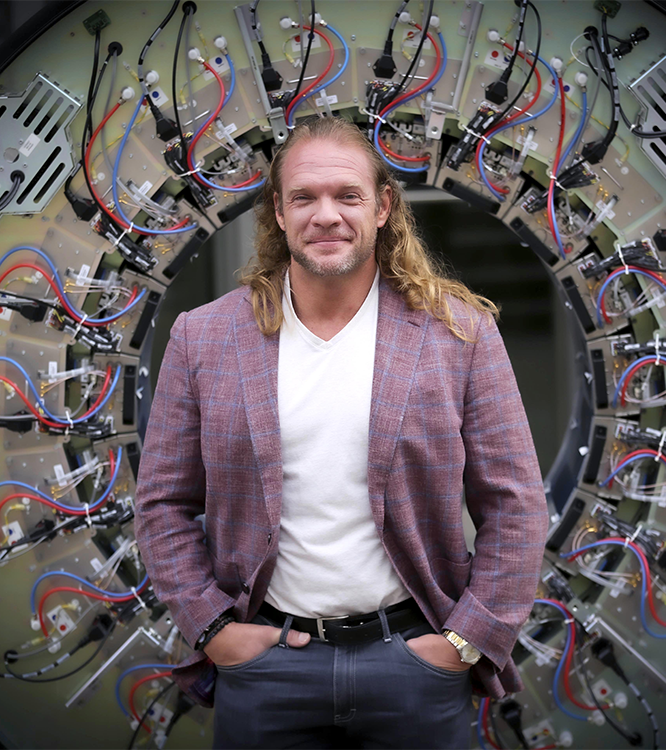
- Research
HSC announces $7 million research investment to determine why African Americans have highest prevalence of Alzheimer’s
By Alex Branch The University of North Texas Health Science Center at Fort Worth (HSC) announced a $7 million investment to research the biological differences that put African Americans at greater risk of Alzheimer’s disease and to develop new treatments that prevent the deadly disease. Among people 65 and older, African Americans...
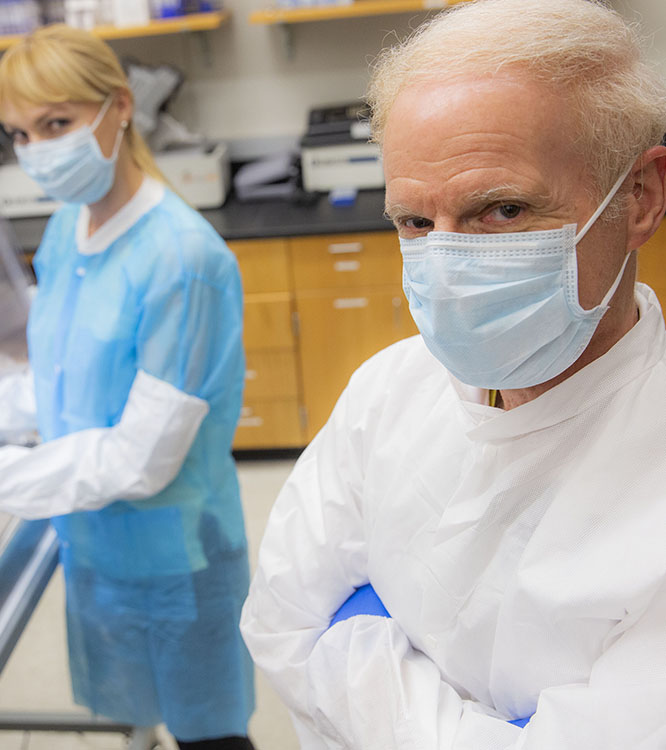
- Research
(Un)solved mysteries
By Alex Branch In June 2017, Shawn Neill, 42, got on his four-wheeler and rumbled toward the banks of the Ohio River near his Illinois home. The only son of Rex and Judy Neill loved camping, fishing and hunting for wild mushrooms and arrowheads. He pitched...

- Research
Researchers receive $45 million federal grant to study health disparities in Alzheimer’s disease
Researchers at HSC Fort Worth were awarded a grant expected to total $45 million from the National Institute on Aging, part of the National Institutes of...
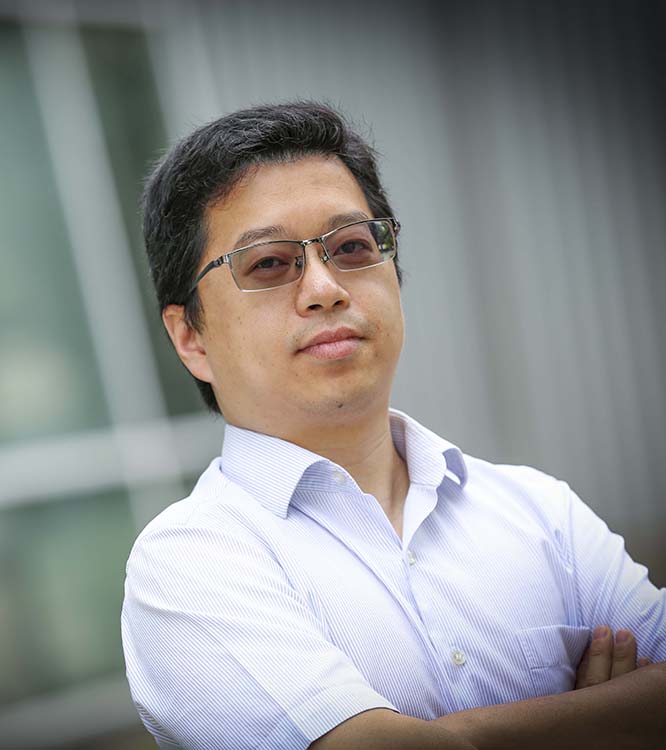
- Research
Study hopes to encourage use of new technology to reduce errors in DNA testing
By Jan Jarvis Today’s DNA testing is highly accurate, but errors still occur due to the limited genetic information accessible with current technologies. These errors can have serious impact on people’s lives. New technology has been shown to reduce the chances of false associations...
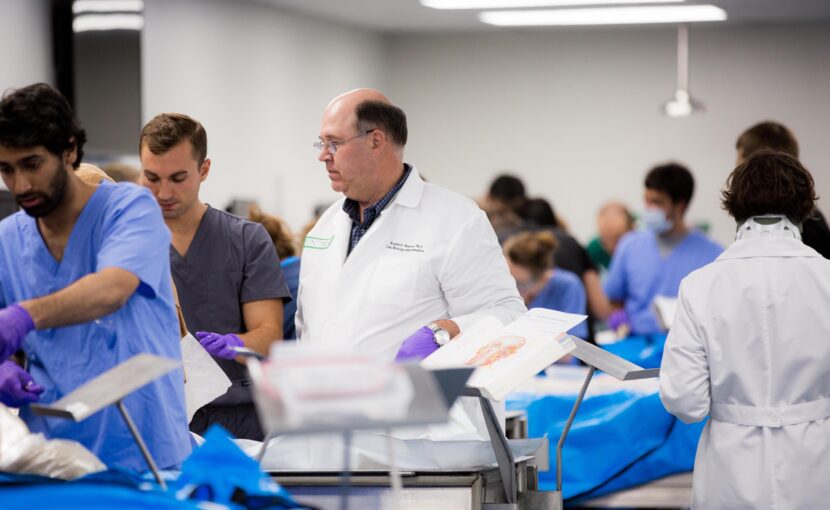
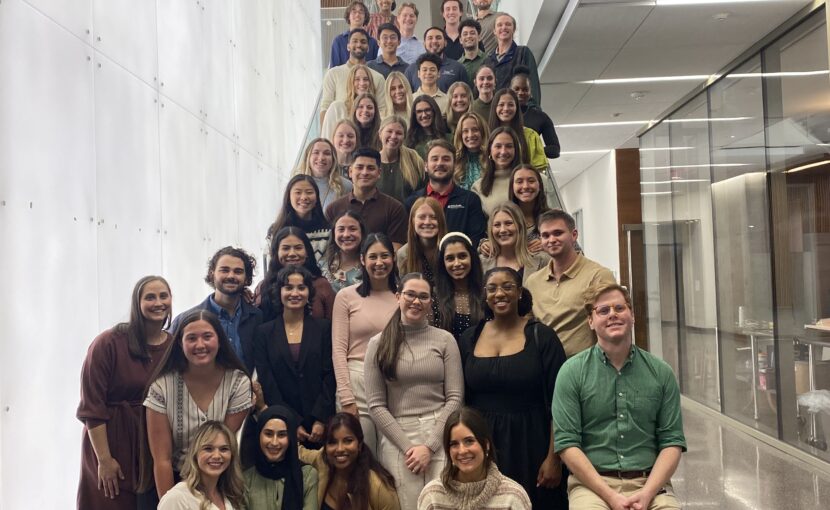
![Tn Award Picture[96]](https://www.unthsc.edu/newsroom/wp-content/uploads/sites/16/TN-Award-Picture96-830x510.jpg)
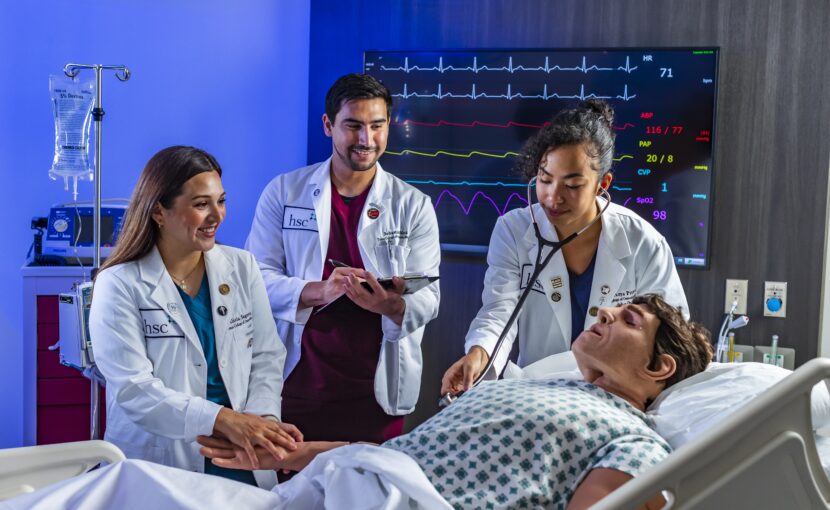
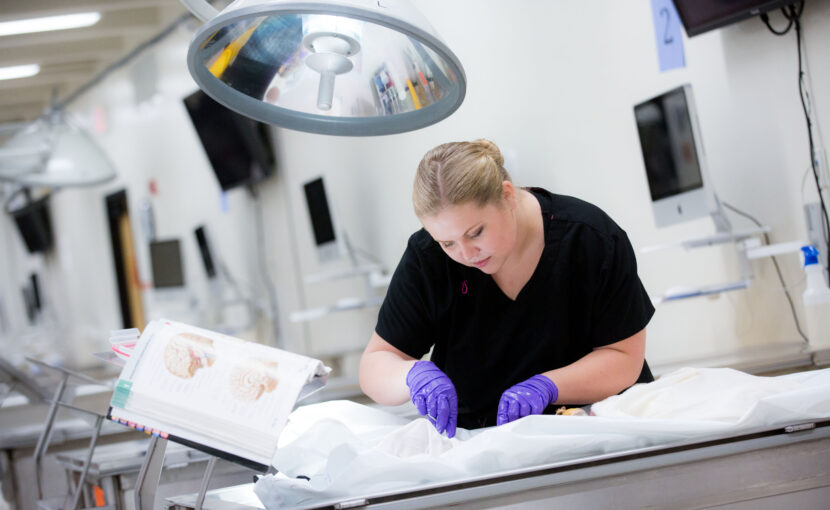

Social media